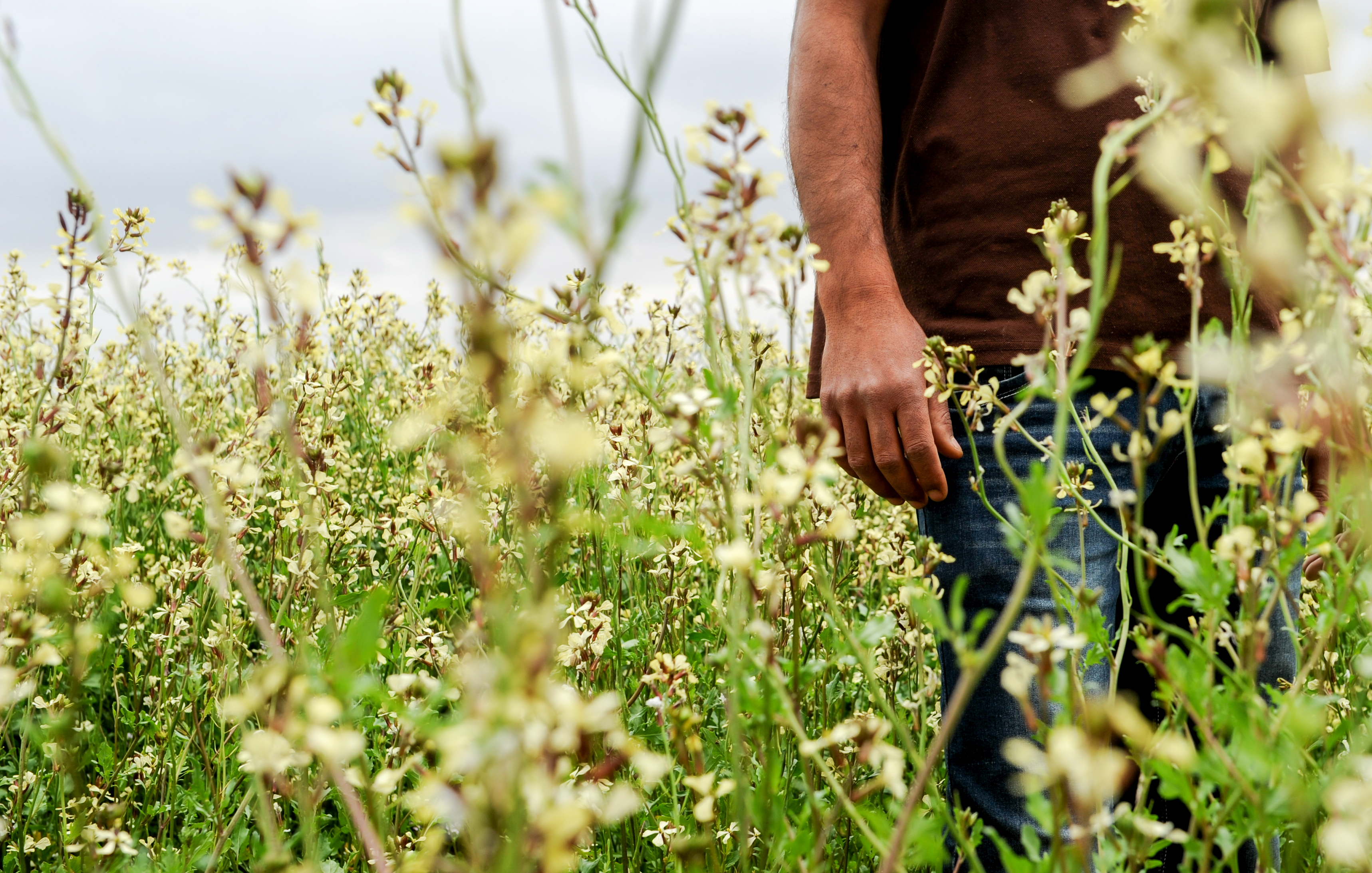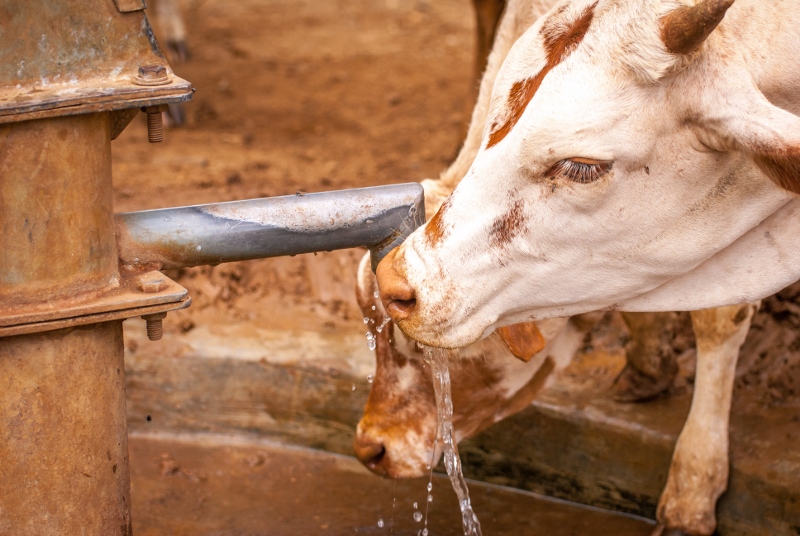Love and mercy: learning God’s tenderness towards creation
The Year of Mercy is an opportunity to celebrate God’s love and to bring mercy to others. Celia Deane-Drummond, a member of the CAFOD Theological reference group, reflects on God’s mercy towards creation and what this teaches us today.

Most of us have had times in our lives when we have known what it means to receive mercy from others. Perhaps through the caring we received after an injury or illness, either physical or mental; perhaps through knowing we have done something wrong and feeling dependent on someone else’s forgiveness; perhaps just sheer material need that depends on another’s act of generosity. Mercy is what we need when we are vulnerable and in need of love, healing and forgiveness. It accompanies those good actions like a quiet breath of hope.
Find out more about the Year of Mercy
Mercy and Laudato Si’
The only time that Pope Francis explicitly mentions mercy in Laudato Si’ is in a paragraph on God’s love for creation where he cites Pope Benedict XVI’s Catechesis, written ten years earlier in 2005. For love has a way of binding up all other attitudes towards the created world, and without which mercy becomes impossible. So, in the same paragraph, Pope Francis refers back to the work of the early Church father, Basil the Great, as well as the well-known medieval poet, Dante, in order to support his claim. It is worth meditating on this passage a little more in order to unpack what mercy might mean in relation to the created world:
“Even the fleeting life of the least of beings is the object of his love, and in its few seconds of existence, God enfolds it with his affection. Saint Basil the Great described the Creator as “goodness without measure”, while Dante Alighieri spoke of “the love which moves the sun and the stars”. Consequently, we can ascend from created things “to the greatness of God and to his loving mercy”(§77).

The loving attention of God to every speck of life is therefore no different from God’s loving attention to each one of us- even the hairs on our head are counted. This is an astonishing claim, that God loves all life, however fleeting, however fragile and however small. This is because the way God loves is almost unimaginable to us as it is so great and so filled with goodness that is impossible for us to measure it. Indeed perhaps only poets can grasp what this love is like, a love that pays such close attention to the smallest of things, but is also a love capable of moving the sun and stars, and, as we now know from modern physics and cosmology, that movement in our universe is also astonishingly vast over millions and millions of years.
By putting love as the primary way in which God relates to the world first, Pope Francis opens the way for all of creation to be subject to God’s mercy. If God rules the world by power, then those under God’s rule can only respond in fear and trepidation. But if God acts in a primary sense through love, then our only response is wonder, awe and consciousness of God’s mercy in the face of our own limitations and vulnerability.
Download our Jubilee of Mercy reflection
But, as Pope Francis is keen to insist, the natural world is not divine, and the earth (and perhaps near planets) is at least entrusted to human responsibility. This means “A fragile world, entrusted by God to human care, challenges us to devise intelligent ways of directing, developing and limiting our power” (§78). So, just as the primary way in which God relates to the world is that of love and mercy, so the use of human powers needs to be directed towards protecting and developing the potential of the natural world, rather than considering that our powers are in some way ‘unlimited’; a view that has dominated the modern era through the myth of unrestrained progress.
The idea that mercy might be connected in some way to the way we treat the natural world is not new, but was also included in the way Saint John Paul II treated this topic. So, in 1980, the encyclical, Dives in Misericordia On the Mercy of God (1980) claims:
“The word and the concept of “mercy” seem to cause uneasiness in man, who, thanks to the enormous development of science and technology, never before known in history, has become the master of the earth and has subdued and dominated it. This dominion over the earth, sometimes understood in a one-sided and superficial way, seems to leave no room for mercy.” (§2).
Saint John Paul II, therefore, says something similar to Pope Francis in his claim that it is the distortion in our attitudes towards the natural world and grasping after power that has left no room for love and mercy.

This call, then, is a challenging one at the very deepest level. Just as in the face of human vulnerability and fragility our response needs to be one of mercy, in imitation of divine compassion, so our response to the fragile natural world and its creatures also needs to be that of mercy. Not least because the suffering of the natural world is more often than not caused by our own thoughtless actions where we fail to see and act appropriately.
The created world is crying out for mercy against our human abuses. We need a poet’s sensitivity to hear that cry, and a prophet’s vision to know how to act.